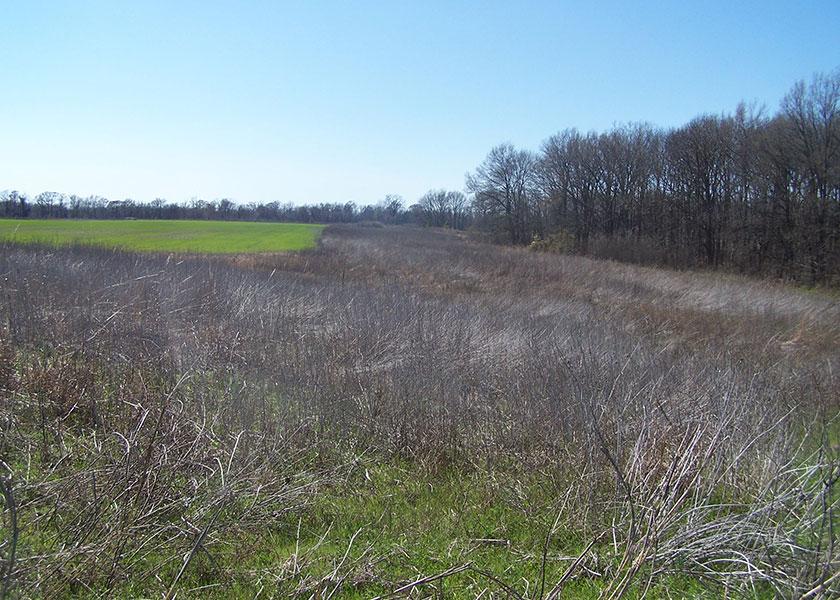Ag Groups: Biden Misses the Mark with 30x30 Plan

President Joe Biden met with 40 world leaders for the Climate Summit this week. As part of the event, Biden announced more climate commitments, including cutting U.S. greenhouse emissions by 50% by the year 2030.
There were also expectations Biden would announce details of his 30x30 plan, a proposal to conserve 30% of U.S. land and water by the year 2030. The plan has been drawing some criticism from farm groups who say the plan is vague on the impact it could have on farmers, ranchers and U.S. landowners.
USDA Secretary Tom Vilsack disputed some comments Biden’s goal of conserving 30% of the nation’s land by 2030 is not a “land grab.” Instead, Vilsack labeled the executive order as protecting “private, working lands" through voluntary programs.
Ryan Yates, managing director of public policy for the American Farm Bureau Federation (AFBF), says while the plan sounds simple, there are still a lot of questions regarding what the plan truly means, and the steps the President has planned to get there.
“When you look at that executive order that was signed in January, it doesn't say a whole lot,” Yates said on ‘AgriTalk’ radio this week. “What do you mean by conserving 30% of all lands and waters by 2030? And the conversations that we've had with Secretary Vilsack and USDA, and his comments earlier in the week, I think there's just not enough information about how the administration plans to achieve these goals.”
Yates says he continues to hear from AFBF members who says the longer the plan is talked about, with very few details about how that plan will be achieved, is creating a lot of angst in farm country.
AgriTalk Host Chip Flory asked Yates about the possibility to create a federal ownership of ground with private working grounds.
“I think that that's a great question,” replied Yates. “I think one of the unfortunate things that occurred over the last 90 days is there just hasn't been any context about what this means.”
Yates says agriculture already has a great conversation story to tell, but if agriculture doesn't have a seat at the table in crafting the possible plan, he's afraid it could miss the mark.
“We're doing a lot of great things,” he says. “When you look at the numbers, we've already conserved 140 million acres across the federal and non-federal conservation programs. As the administration moves forward, we just want to make sure we have a seat at the table, we can have a conversation about what we're already doing.”
Listen to the complete “AgriTalk Friday-Free-for-All” as the show discussed the possible impacts of Biden’s 30x30 plan.







